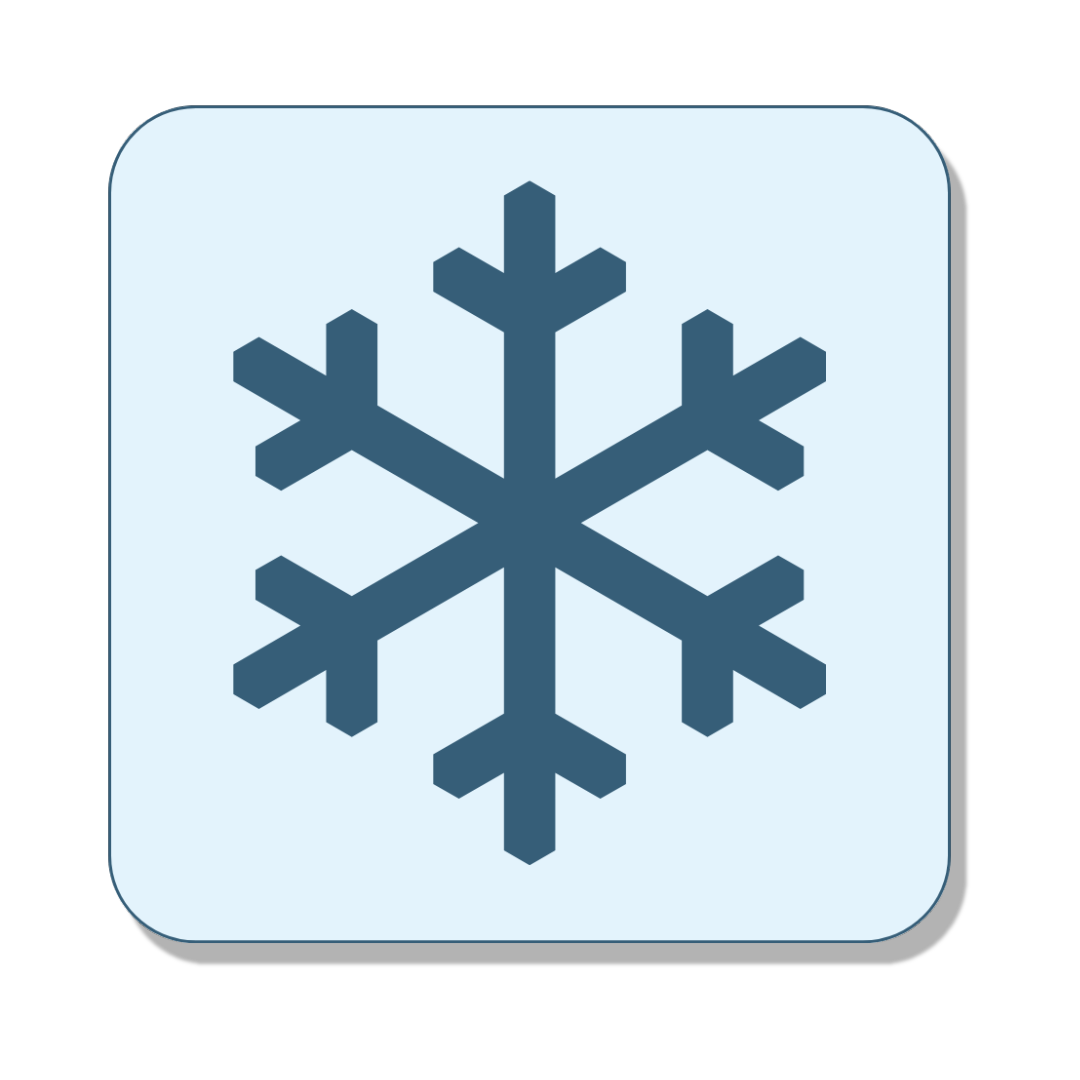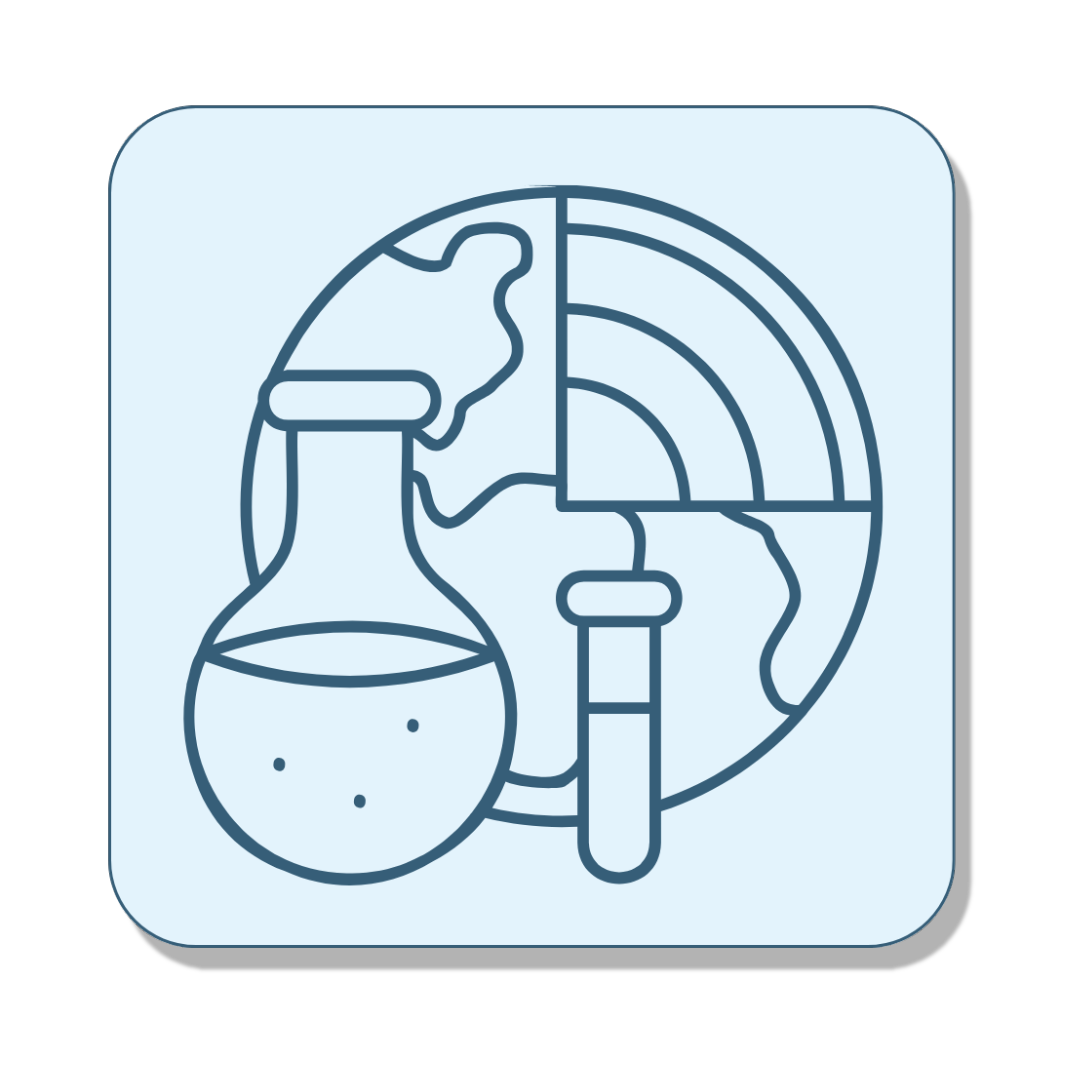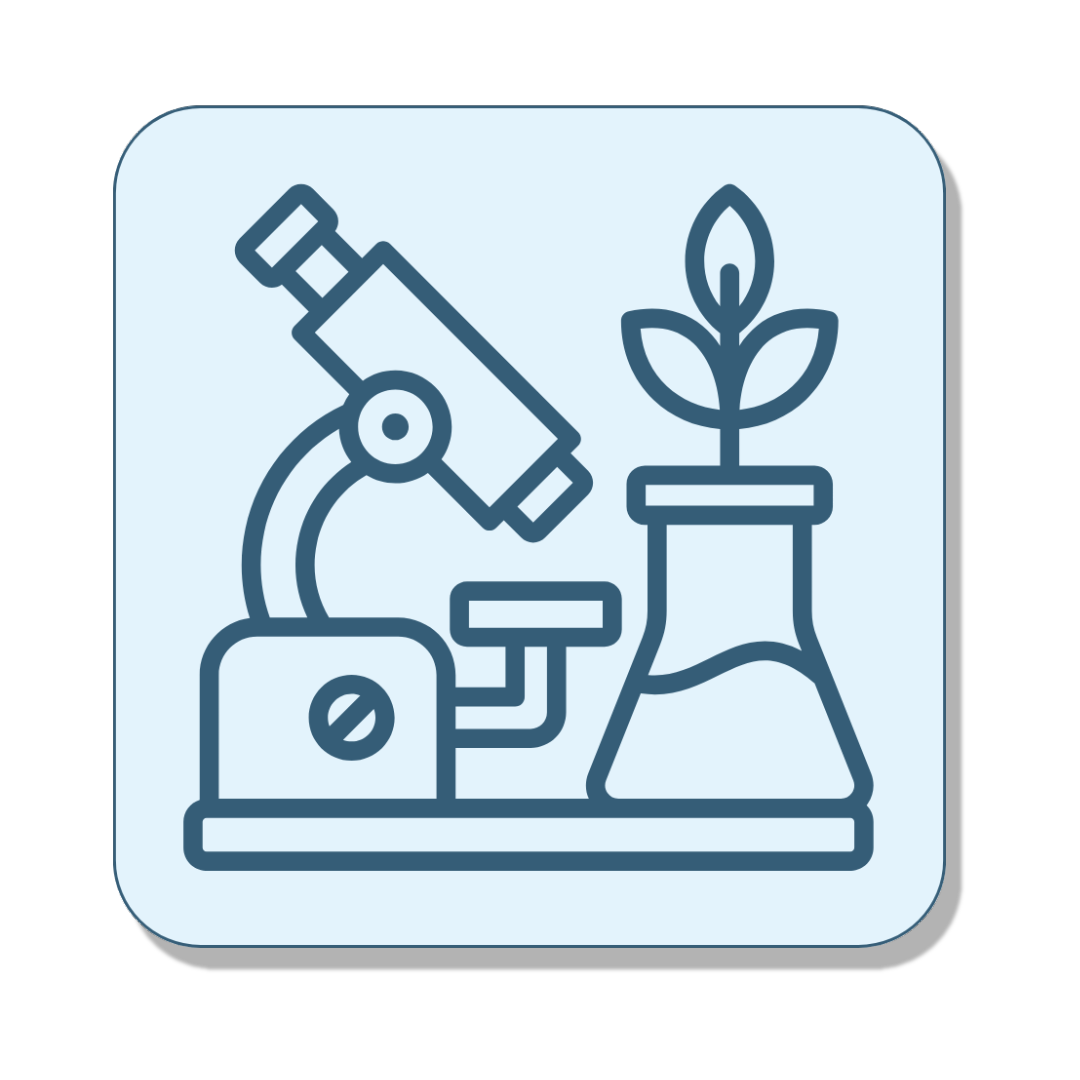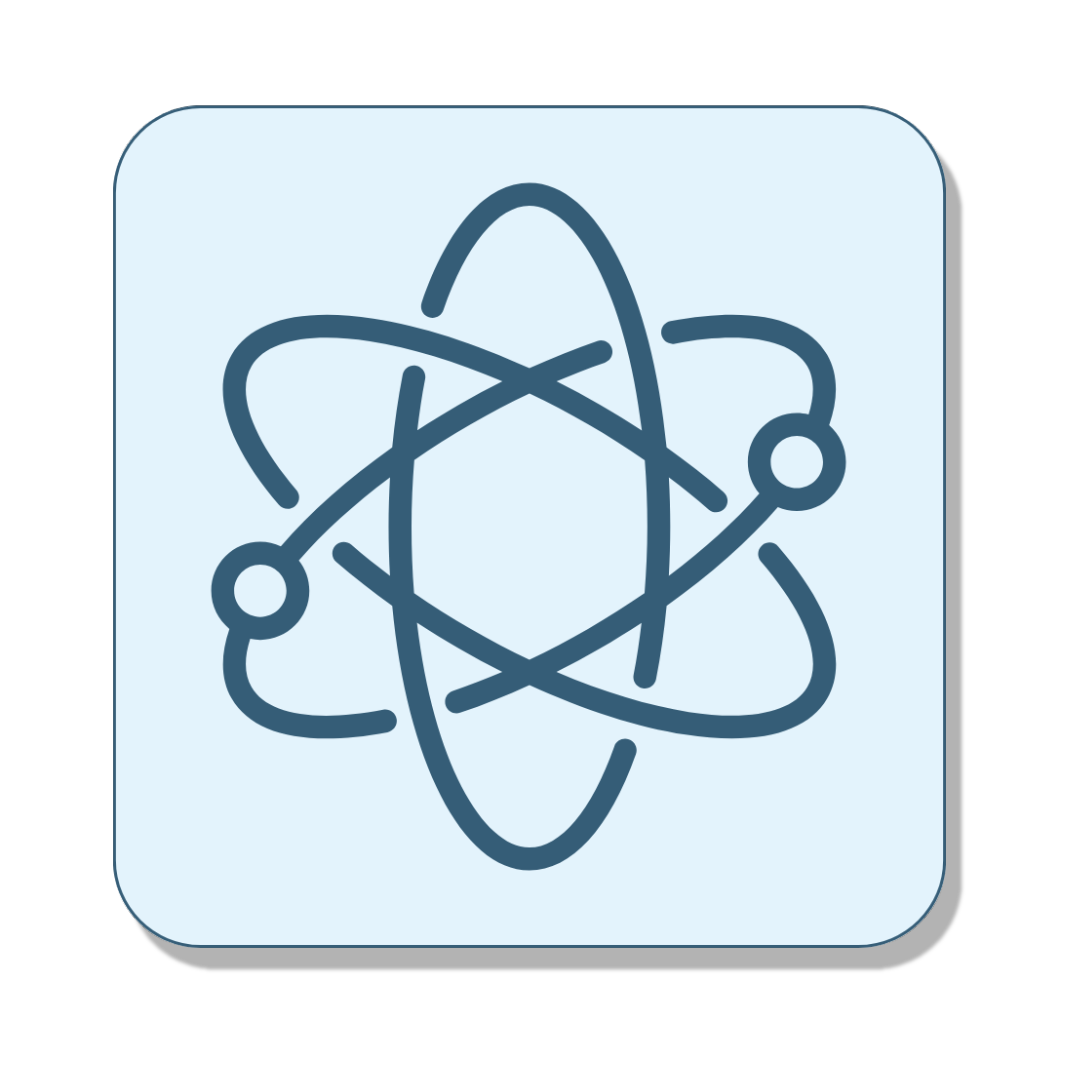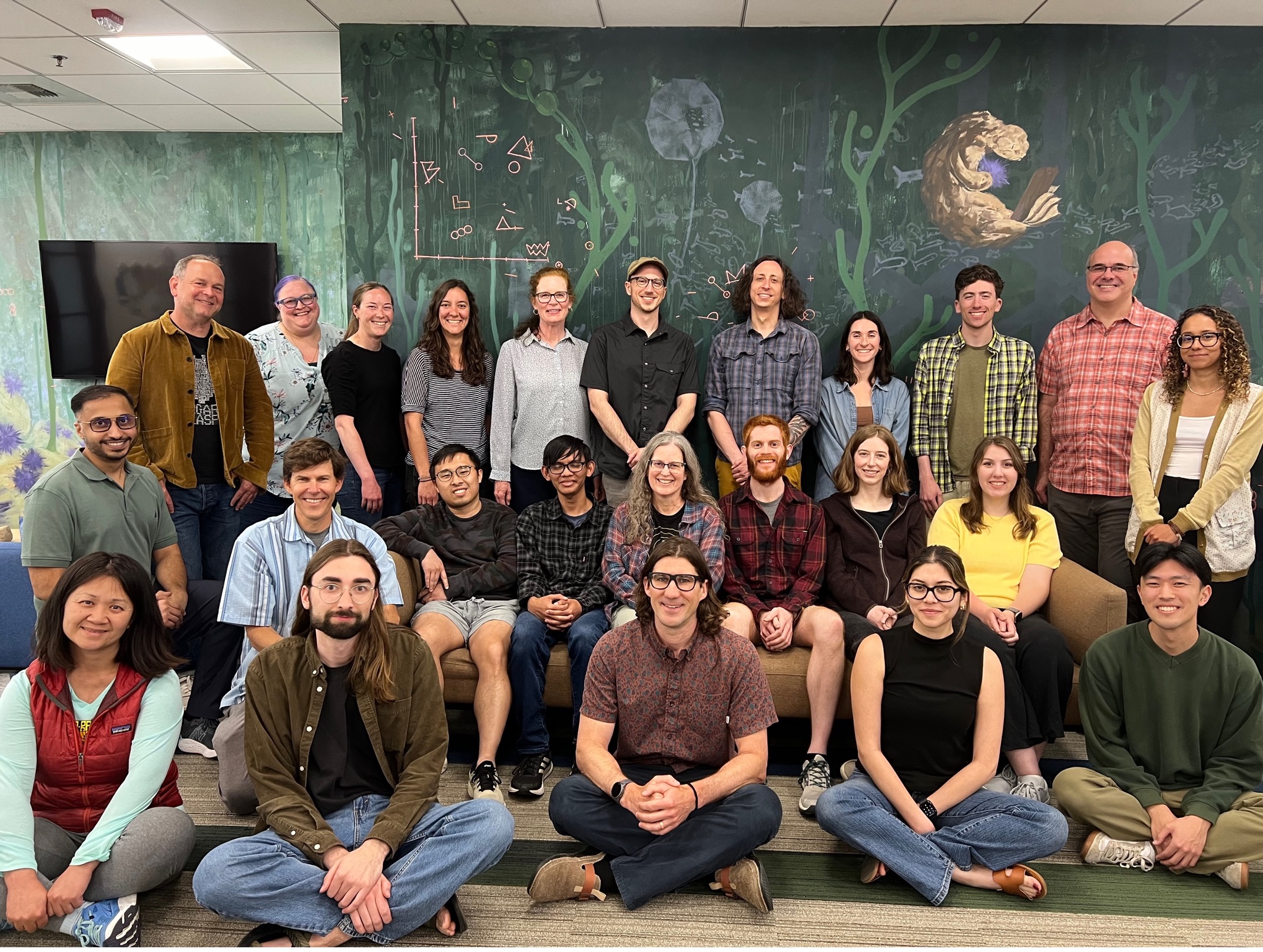Enabling open access and long-term preservation of Arctic data to support science, collaboration, and informed response to change
Data by Discipline
0
Datasets
0
Data Volume
>0 M
Downloads
Focus Areas
Recent Datasets
-
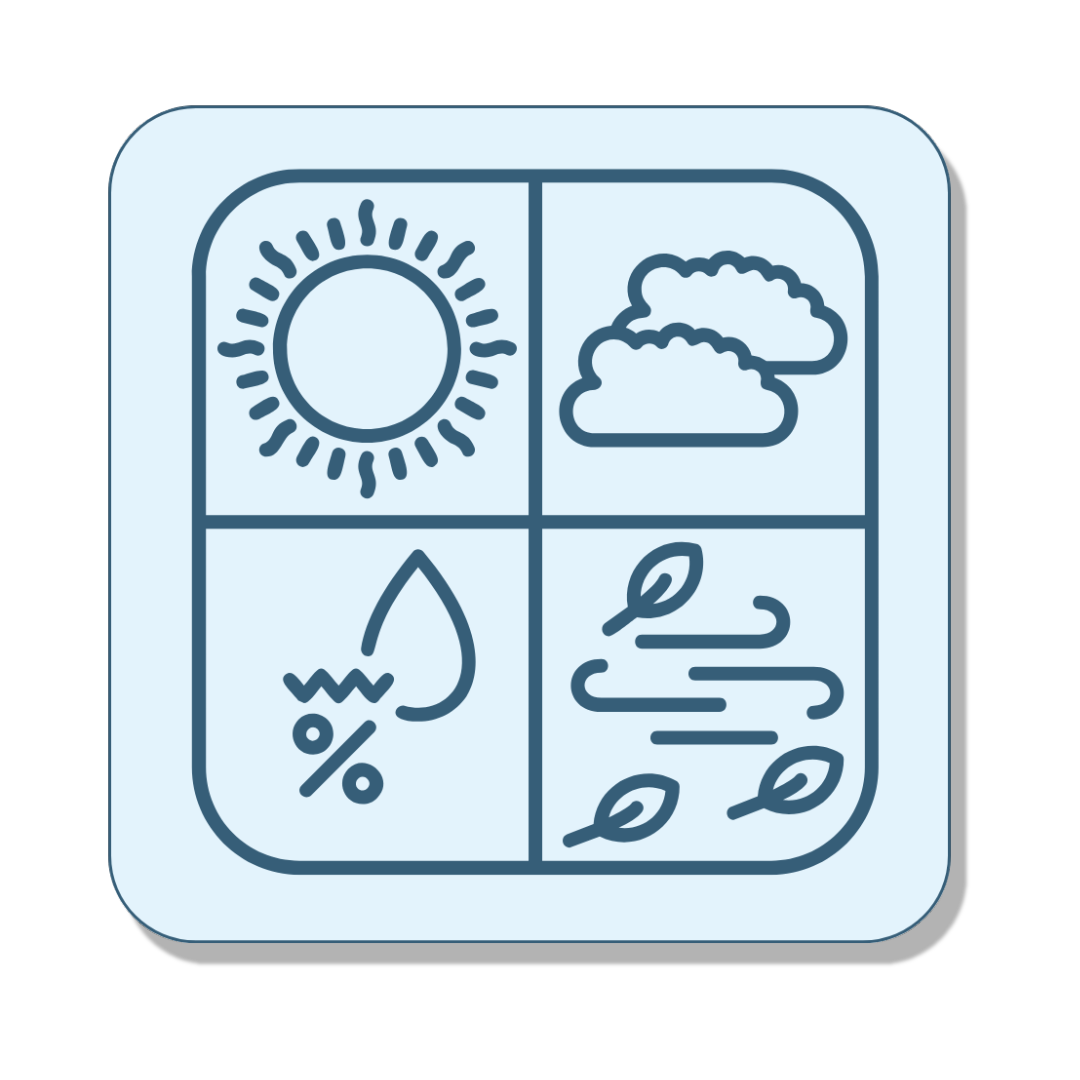
Atmospheric Science & Chemistry
Danna and Temime-Roussel, 2026. Ambient particle number concentrations measured in downtown Fairbanks during winter 2022 to study wintertime pollution and chemistry
-

Plant Science & Ecology
Kent, Trangmoe, and Lynoe, 2026. Ecological survey of thaw depth, soil organic layer thickness, plant functional types, and vegetation height near Council, Alaska in June, 2025.
-

Atmospheric Science
Greeney & Creamean, 2026. This dataset provides wintertime air pollution measurements in Fairbanks, Alaska during January and February 2022.



